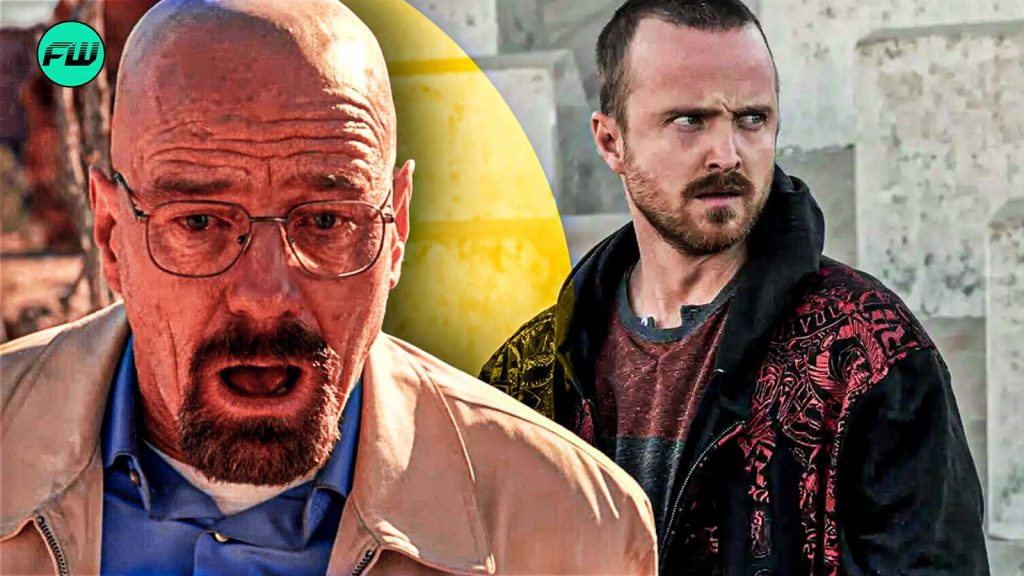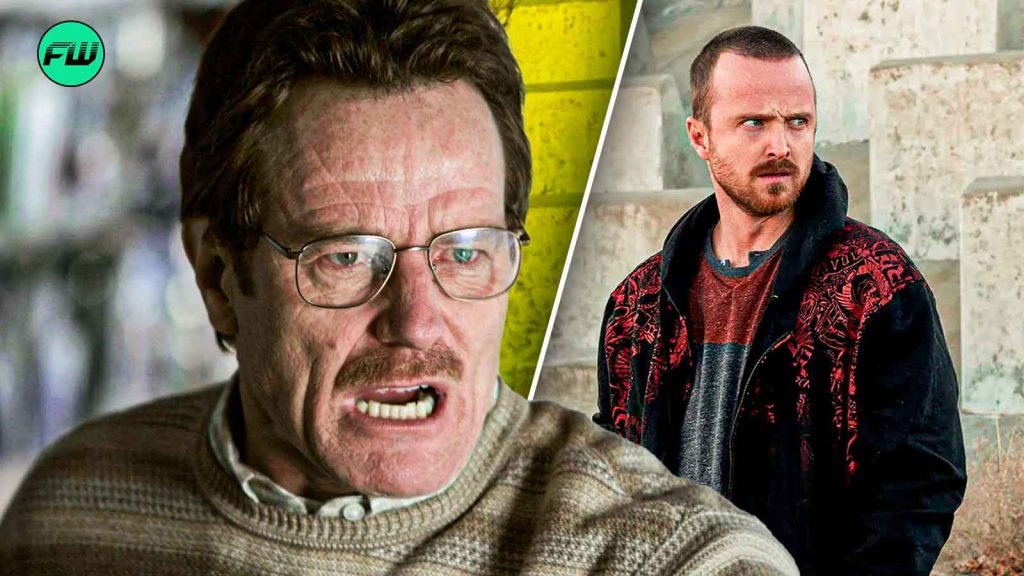The Sopranos and Breaking Bad are giants in their field with a passionate fan following you rarely get to see. On the surface, the leads of the two shows, Tony Soprano (James Gandolfini) and Walter White (Bryan Cranston) may seem similar. Both of them are complex characters, with their morality in question. However, there is something that sets the two apart.
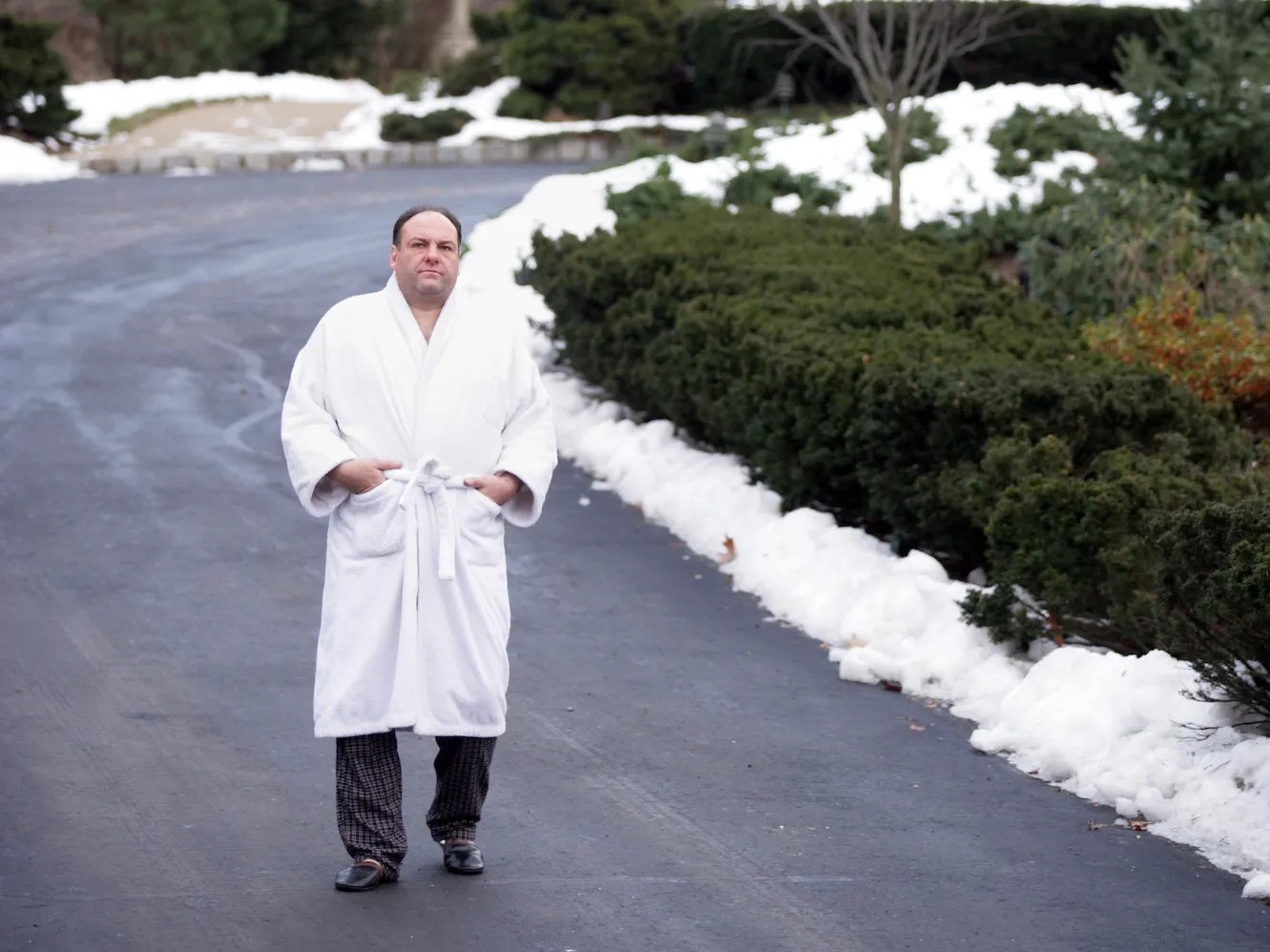
While Tony is a mafia head from the start, Walter is a simple common man – a high school teacher and a victim of cancer. Driven into the world of drugs by his desperation, Walter garnered a ton of empathy from the viewers as they could, on some level, relate with his character. The drug part aside, Walter was just a man trying to provide for his family, against all odds. Despite his wrongdoings, the fans love him and Bryan Cranston knows exactly why.
Bryan Cranston on the Breaking Bad Experiment
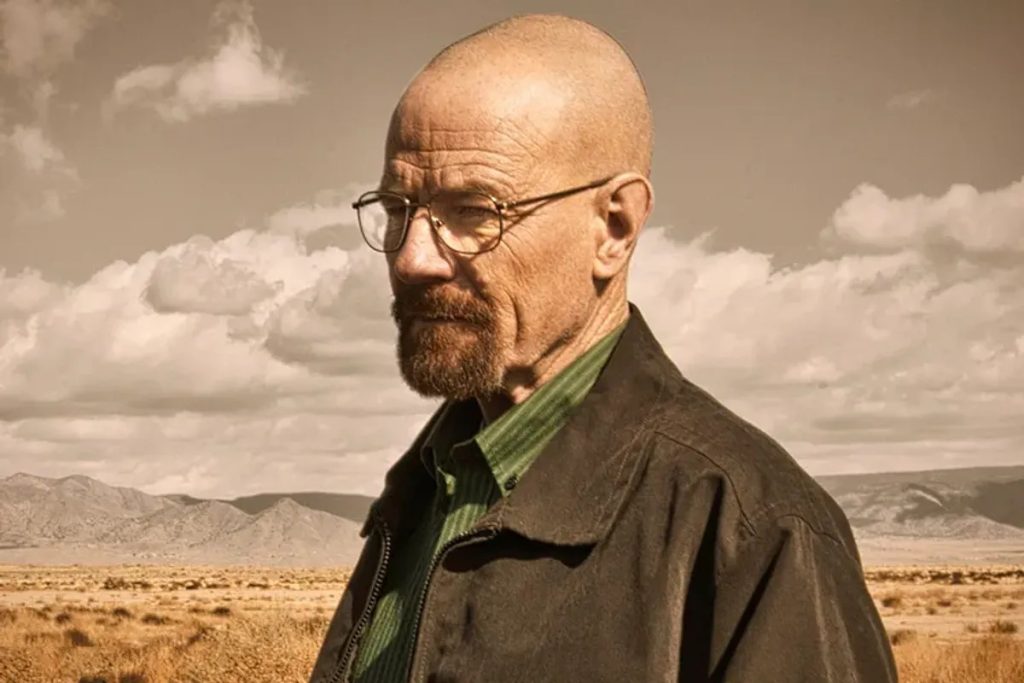
As the lead character, viewers were bound to feel sympathetic towards James Gandolfini’s Tony Soprano. However, hidden under the wraps of the fans’ naivety, Tony was just a bad guy in general. Sure, he loved his family, and sure he loved animals but that doesn’t make him someone you would want to be friends with. Hell, you’d run in the other direction if he walked towards you.
He cheated on his wife, killed his cousin, was brutal towards his son, and was a downright racist. There was no way you were going to relate to him. On the other hand, Bryan Cranston’s Walter White had much more complex layers to his personality.
He was a high school Chemistry teacher who had just been diagnosed with Stage III lung cancer. He knew his job was not going to cut it out for his family and so, he turned to drug dealing for financial help. Of course, that didn’t mean he was free of wrongdoings. Walter had his fair share of atrocities but people still empathized with him. After all, he was not a villain from the start. Life happened.
If you are one of the few who question the fans’ loyalty to Walt, Cranston might have the answer to your queries. Apparently, it was all a big experiment behind the scenes.
During his appearance on Who’s Talking to Chris Wallace, Cranston revealed how the show worked to test the limit of fans’ empathy.
That was all by design, create the empathy… Everybody was signed on and rooting for him. But then he does something illegal? Well, I’ll give him a pass. And something a little brutal, a little more, a little more. And Vince Gilligan [showrunner] wanted to see how long he can go and how far he can go away from that initial man, and still keep the allegiance from the audience. So it was a real test. And it’s never been done in the history of television.
They started small and increased the dosage bit by bit only to learn that the audience was not changing its views on the polarizing anti-hero.
Vince Gilligan Stopped Rooting for Walter White
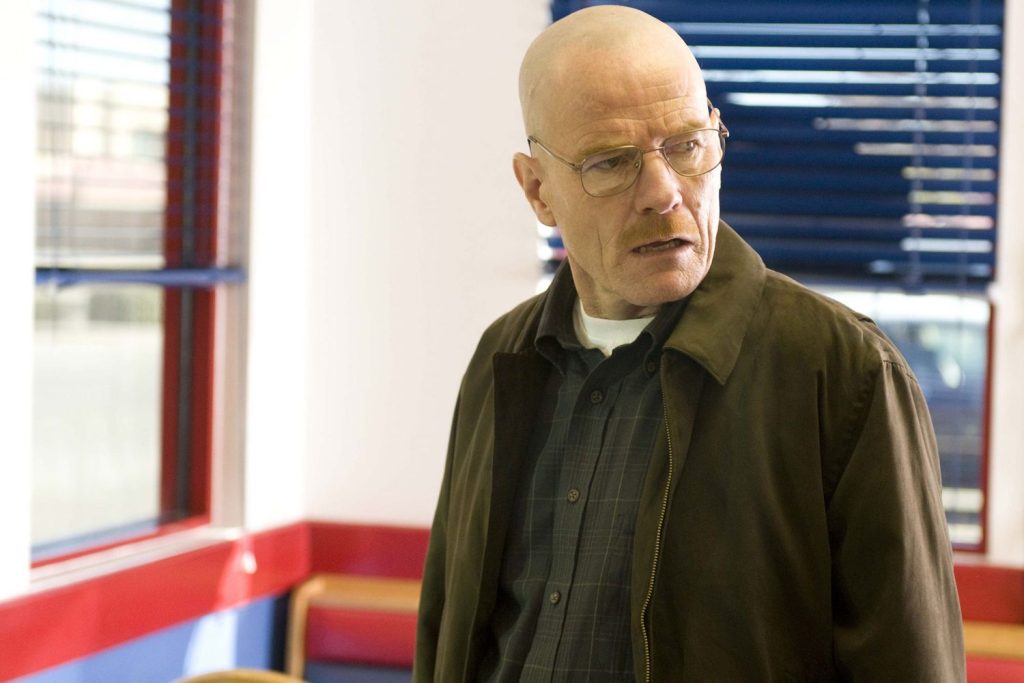
Like everyone else watching Breaking Bad, showrunner Vince Gilligan, too, was rooting for Walt. However, when the show ended its run, he sat down to question his point of view.
In a conversation with the New Yorker, Gilligan revealed that he regretted feeling any kind of empathy for his main character.
After a certain number of years, the spell wears off. Like, wait a minute, why was this guy so great? He was really sanctimonious, and he was really full of himself. He had an ego the size of California. And he always saw himself as a victim. He was constantly griping about how the world shortchanged him, how his brilliance was never given its due. When you take all of that into consideration, you wind up saying, ‘Why was I rooting for this guy?’
He pondered upon how Walt would leave destruction behind wherever he went.
The further away I get from “Breaking Bad,” the less sympathy I have for Walter. He got thrown a lifeline early on. And, if he had been a better human being, he would’ve swallowed his pride and taken the opportunity to treat his cancer with the money his former friends offered him. He goes out on his own terms, but he leaves a trail of destruction behind him. I focus on that more than I used to.
Cranston and Gilligan might not be fond of Walter’s decisions anymore but this doesn’t change the fact that the fans had and will always have nothing but respect for the character, despite his actions.
Breaking Bad is available to watch on Netflix.


